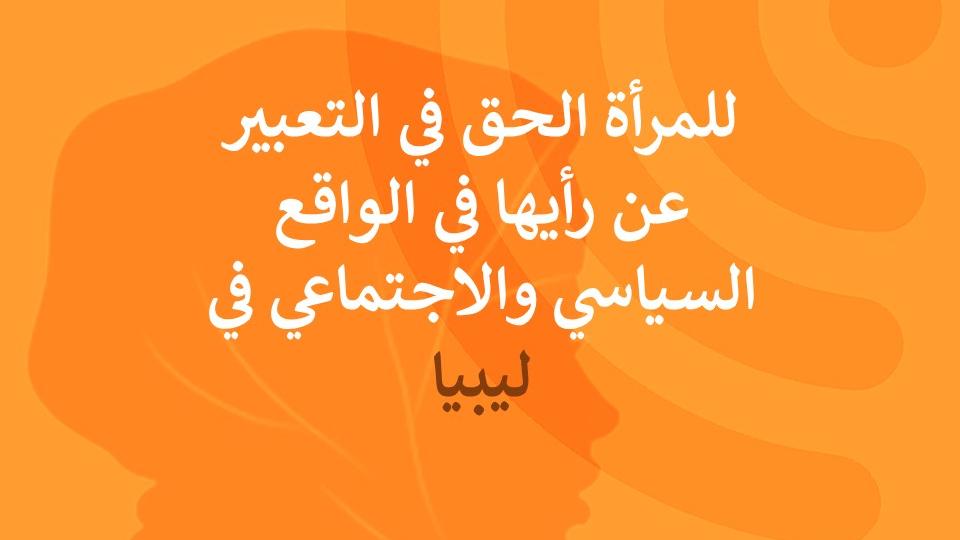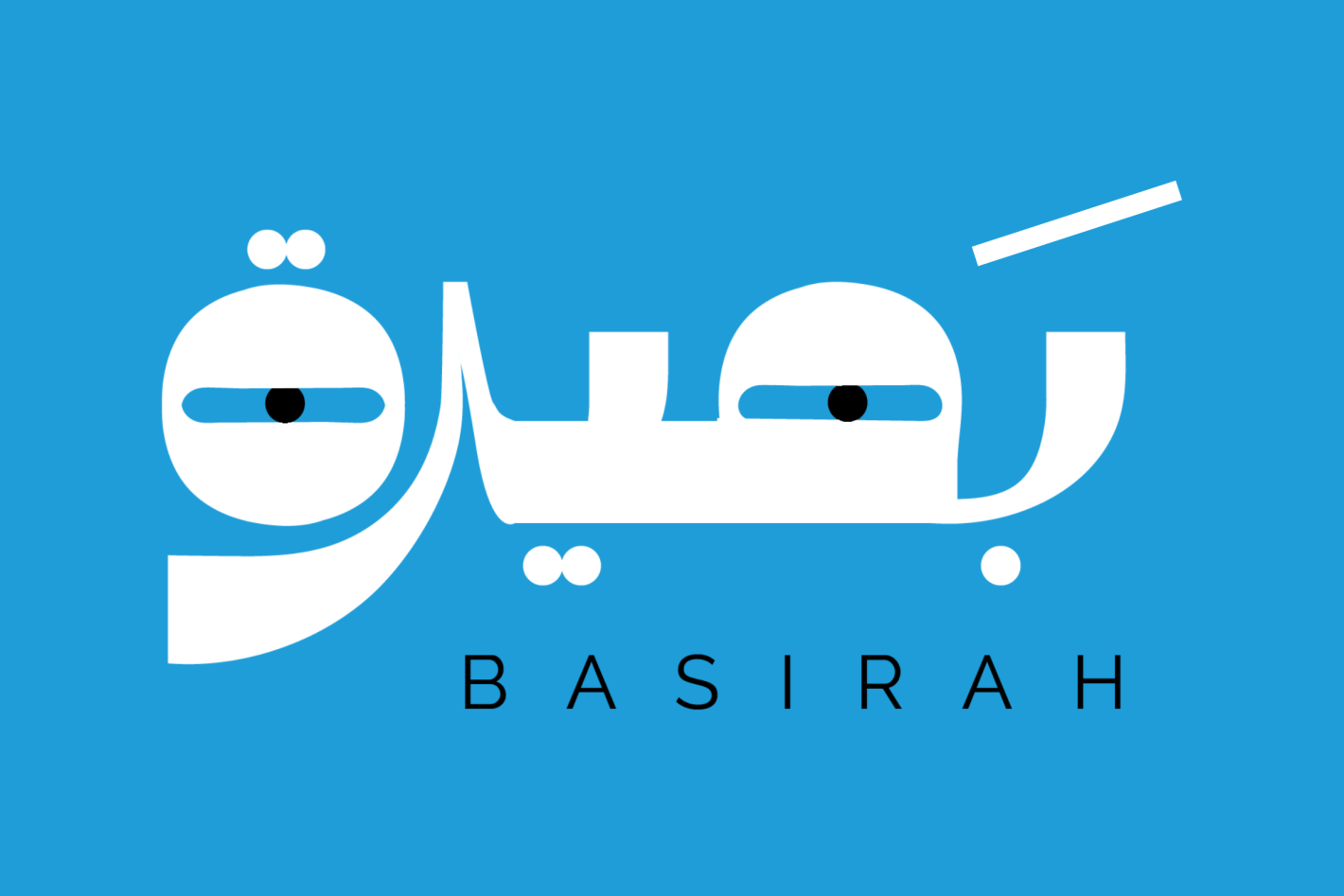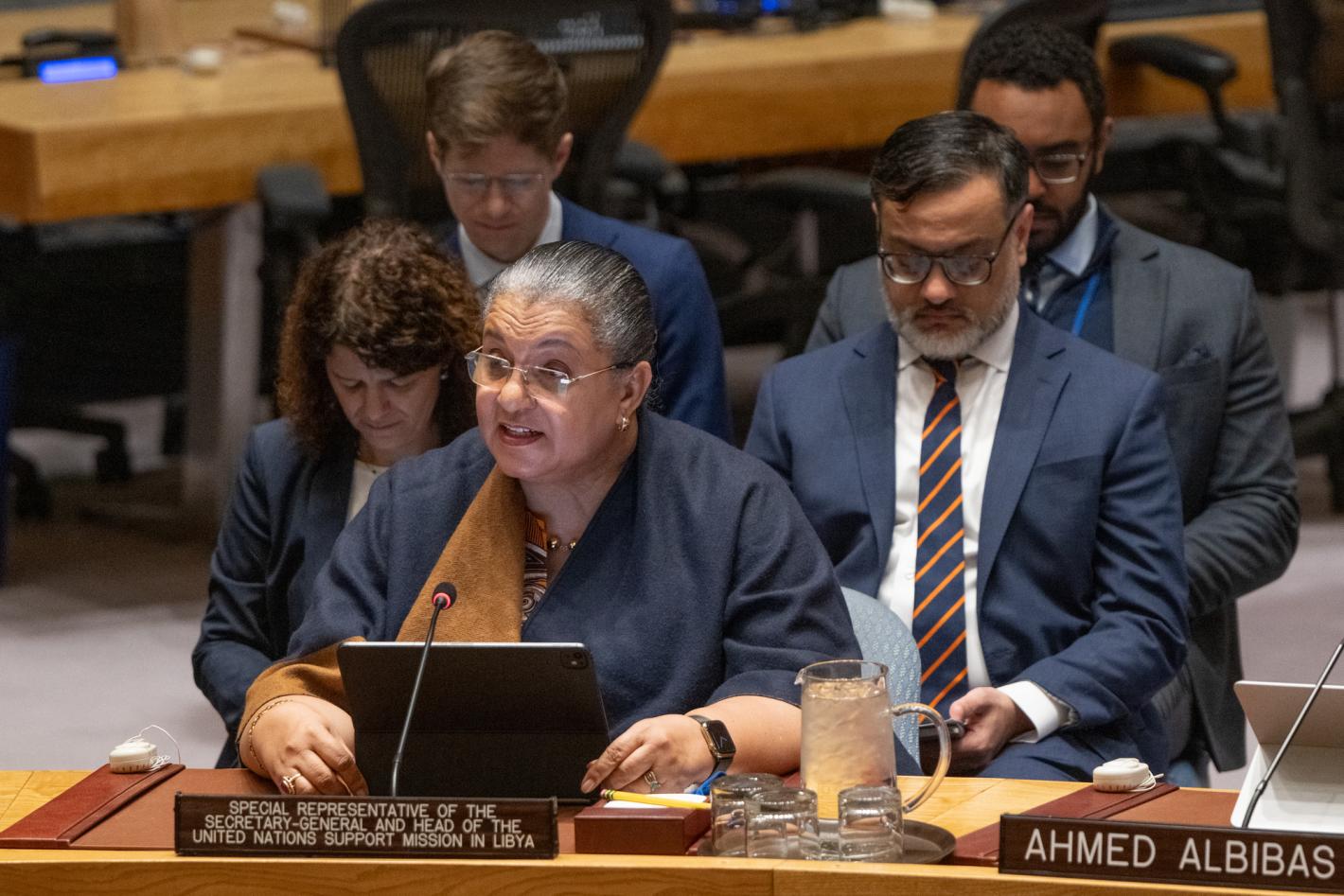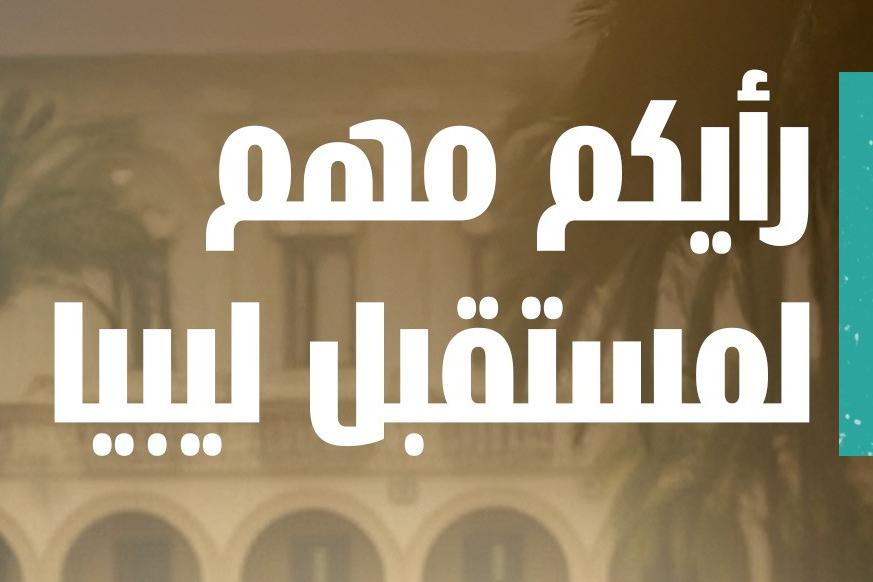جمعت بعثة الأمم المتحدة للدعم في ليبيا ناشطات من جميع أنحاء ليبيا للدعوة إلى وضع حد للعنف عبر الإنترنت والتحرش ضد المرأة في اطار دعم حملة الأمم المتحدة التي 16 يوماً من العمل لمناهضة العنف القائم على النوع الاجتماعي.
وعلى مدى الشهرين الماضيين، عمل قسم المساواة بين الجنسين التابع لبعثة الأمم المتحدة للدعم في ليبيا على جمع 90 ناشطة من أنحاء ليبيا للوقوف خلف رسالة موحّدة لمناهضة العنف والتحرش عبر الإنترنت.
وقالت ندى دروزه، مسؤولة شؤون المساواة بين الجنسين في بعثة الأمم المتحدة للدعم في ليبيا: "من المهم تسليط الضوء على أنه وعلى الرغم من خلافاتهن السياسية، فإن النساء الليبيات متحدات حول القضايا ذات الصلة بالنهوض بأوضاع المرأة وحقوقها ". وأردفت أن "هذا الموقف الموحد يمثل رسالة إيجابية يجب أن يتردد صداها باستمرار".
وتم تصميم الدعم المقدم لمنظمات المجتمع المدني في أعقاب سلسلة من الاجتماعات التي عقدها قسم المساواة بين الجنسين مع العديد من الناشطات وممثلات منظمات المجتمع المدني النسائية لمناقشة التحديات التي تواجهها المرأة الليبية. وكان أبرز هذه التحديات هو أن الحركة النسائية في ليبيا لم تكن موحدة خلف قضايا المرأة، بحسب ما أوضحته المشاركات في النقاشات.
وكان الهدف هو مساعدة الناشطات على توحيد أصواتهن حول قضية واحدة، كما أوضحت السيدة دروزه، مضيفة أن ظاهرة العنف عبر الإنترنت وخطاب الكراهية آخذة في الازدياد وأن مواجهة هذا الازدياد تمثل أولوية للنساء المعنيات منذ فترة طويلة.
وطرح فريق قسم المساواة بين الجنسين مع 90 منظمة من منظمات المجتمع المدني النسائية وعدد من الناشطات بشكل فردي خمسة قضايا للتصويت، الذي شارك فيه 37 ناشطة من أرجاء البلاد. اختارت 43 بالمائة منهن دعم قضية التصدي للعنف عبر الإنترنت وخطاب الكراهية الذي يستهدف السناء والفتيات.
كما اقترحت الناشطات رسائل تخص الحملة عبر وسائط التواصل الاجتماعي منها على سبيل المثال: "للمرأة الحق في التعبير عن آرائها السياسية"، ودعت المشاركات صناع القرار لسن قوانين ولوائح لحماية المرأة من العنف عبر الانترنت. وتم إعداد أكثر من 30 رسالة، تم التصويت على 16 رسالة منها بحيث يتم بث رسالة واحدة كل يوم من أيام حملة الأمم المتحدة السنوية.
ووفقاً لدراسة حديثة أجرتها هيئة الأمم المتحدة للمرأة، فإن حوالي 46 بالمائة من النساء اللواتي يستخدمن الإنترنت في العالم العربي لا يشعرن بالأمان من العنف عبر الانترنت، بينما تقول 44 بالمائة منهن إن تجاربهن مع العنف عبر الانترنت انتقلت من وسائط التواصل الاجتماعي إلى حقيقة واقعة.
وستهدف الحملة خلال الأسبوعين المقبلين إلى نشر الوعي بالقضايا على الصعيد الوطني وفي أوساط المكونات الاجتماعية في عموم ليبيا.
وقالت السيدة دروزه: "تطالب النساء صناع القرار بالإصغاء إليهن واتخاذ تدابير فعالة لحمايتهن في الفضاء الافتراضي". "وترغبن أيضاً في تغيير الخطاب العام حول هذه القضية، ووقف القبول السلبي لهذا السلوك عبر الإنترنت".






